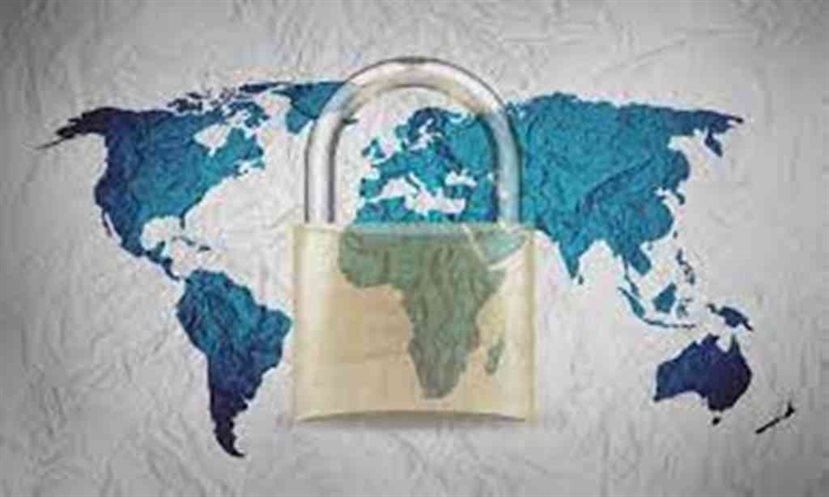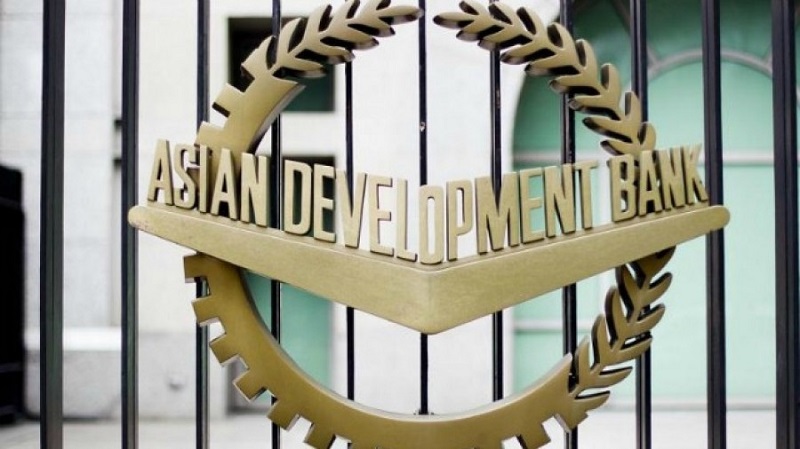High-Level Cyber Security Task Force Formed to Draft Cybersecurity Policy
7th March 2023, Kathmandu
Cybersecurity is the practice of protecting computer systems, networks, and digital information from unauthorized access, theft, damage, or attack. Similarly, It involves the use of technology, processes, and policies to secure devices, networks, and data from cyber threats. Such as hackers, viruses, malware, phishing, and other malicious activities.
Additionally, Cybersecurity aims to ensure the confidentiality, integrity, and availability of digital assets. Confidentiality refers to keeping sensitive information private and preventing unauthorized access. Similarly, Integrity refers to maintaining the accuracy and consistency of data, and ensuring that it has not been tampered with.
Furthermore, To achieve cybersecurity, organizations implement various security measures such as firewalls, intrusion detection and prevention systems, encryption, access controls, and regular security audits. They also establish policies and procedures for handling sensitive information, managing risks, and responding to security incidents.
Individuals can also practice cybersecurity by using strong passwords, avoiding phishing scams, and keeping software up to date. And be cautious about sharing personal information online. By practicing good cyber hygiene, individuals can protect themselves and contribute to a safer digital environment.
Formation of a high-level task force to make necessary recommendations for cyber security
The government has formed a high-level committee to prepare a comprehensive report on cyber security, taking into account policy, law, and structure. And process issues and make recommendations accordingly.
The Cabinet meeting decision on February 27 formed the high-level task force in response to the proposal presented by the Ministry of Communications and Information Technology. The task force has been given a month to complete its report.
On Thursday, Ministry Secretary Dr. Baikuntha Aryal shared information in this regard.
Juddha Bahadur Gurung, an IT expert, serves as the panel’s coordinator, and members. The task force also includes members of the Nepal Army and the Nepal Police.
The member secretary is the representative of the Information Ministry. In her remarks to the program, Minister of Communications and Information Technology Rekha Sharma stated that the ministry took the initiative to prepare a cyber security law and policy after the country faced a series of threats.
She argued that cyber security is a priority for the government because the country lacked proper use, management, and regulation despite the use of all available technologies. “It would be a significant achievement in the sector of cyber security if the cyber security policy is formulated and implemented on time with budget allocation,” she observed.
According to Ministry Secretary Dr. Aryal, it would be a comprehensive study of the relevant issue that could be incorporated into government policy, programs, and budget. As a result, the task force is given significant authority, he emphasized.
Furthermore, The Cabinet decided on February 27 to manage the data of all government bodies and IT systems in the integrated data center. Similarly, the government decided to run the Kathmandu-based integrated data center. And the Hetauda-based disaster recovery center operated by the National Information Technology Centre at full capacity. At the recovery center, a networking and cyber security technician will be on duty around the clock.
The task force will conduct a thorough investigation into data management issues in the integrated data center, including root causes, flaws, and solutions. It will make technical, human, and managerial recommendations. (RSS)
FAQ
-
What is a cyber threat?
A cyber threat is any malicious activity that targets digital assets such as computers, networks, or data. Examples include viruses, malware, phishing, hacking, and denial-of-service attacks.
2. What is a firewall?
A firewall is a security device that monitors and controls incoming and outgoing network traffic based on predetermined security rules. It acts as a barrier between an internal network and the internet to prevent unauthorized access.
3. What is encryption?
Encryption is the process of converting plain text or data into a coded form that can only be decoded with a secret key.
4. What is a vulnerability?
A vulnerability is a weakness or gap in a system’s security that can be exploited by a cyber threat. Software bugs, outdated software, misconfigured systems, or human error can all lead to vulnerabilities.
5. What is a phishing attack?
A phishing attack is a type of cyber attack that uses social engineering techniques to trick users into divulging sensitive information such as passwords or credit card numbers. It typically involves sending an email or message that appears to be from a legitimate source.
6. How can I protect my computer from cyber threats?
You can protect your computer from cyber threats by using up-to-date antivirus software, enabling firewalls, using strong passwords, and avoiding suspicious links or emails. and keeping your software and operating system up to date.
7. What should I do if I suspect a cyber attack?
If you suspect a cyber attack, you should immediately disconnect from the internet. And report the incident to your IT department or security team. It’s important to avoid taking any actions that could further compromise your system or data.
8. What is multi-factor authentication?
Multi-factor authentication is a security method that requires users to provide more than one form of authentication. Such as a password and a security token, to access a system or application.







